There is more and more talk about sustainable startups, which are growing in number, importance, and influence within the market. But what are they?
While established companies are increasingly orienting towards a sustainable approach, guided by the renewed consumption habits of the public, what differentiates sustainable startups is their very setup which from the outset directs choices towards sustainability paths. The principle that guides these startups is the desire to coexist with their efforts to produce positive effects in the context in which they operate and their economic development strategies.
Green startups can therefore be successful market agents and promoters of sustainable business models. Scroll through the article to discover what they are and our tips for starting one.
1. Sustainable startups: what are they?
The sustainable startups are entrepreneurial realities with business models based on circularity and sustainability. The goal is to create innovative products and/or services that generate positive effects or zero impact on the social and environmental contexts in which they operate. At the same time, they aim to ensure competitive, economic, and rewarding advantages through an offer oriented towards sustainability. Sustainable startups therefore direct choices and actions in the search for balance and integration between these two interests.
Green startups are present in various markets, such as the food sector, mobility, fashion, etc. In Italy, the number of such startups is small but growing, as noted by the Social Innovation Monitor of the University of Turin. In 2021, the Italian sustainable startups numbered 486 (with an increase of 28.2% compared to 2020), representing 3.8% of the total number of innovative startups.
2. Why is the sustainability plan important for startups?
All sustainable startups integrate into their business model a sustainability plan. This is a document through which companies define in detail their sustainability strategy. It identifies themes, objectives, and activities functional to optimizing environmental, social, and economic performance.
In the sustainability plan, referring to a medium- to long-term timeframe, intentions and actions to be undertaken are defined. First of all, the objectives in implementing sustainable practices and logic are specified, making alignment with the Sustainable Development Goals (SDGs) crucial. Secondly, actions and interventions to be undertaken are determined based on corporate goals, commitments made, stakeholders, and timelines.
The sustainability plan is aimed at internal and external stakeholders, or in other words, at different entities related to the company, such as personnel, customers, investors, suppliers, institutions, etc.
3. How useful is impact investing for sustainable startups?
Sustainable startups are increasingly favored by impact investing, a rapidly growing investment approach oriented toward sustainability. Impact investments aim to generate profits alongside positive environmental and social effects, with reference to the UN’s Sustainable Development Goals (SDGs).
Impact investments dedicated to sustainable startups are important means of supporting their growth. They can thus combine economic orientation with sustainability horizons, also inspired by SDGs and the UN’s Agenda 2030. In this way, they can implement and promote innovative and sustainable business models.
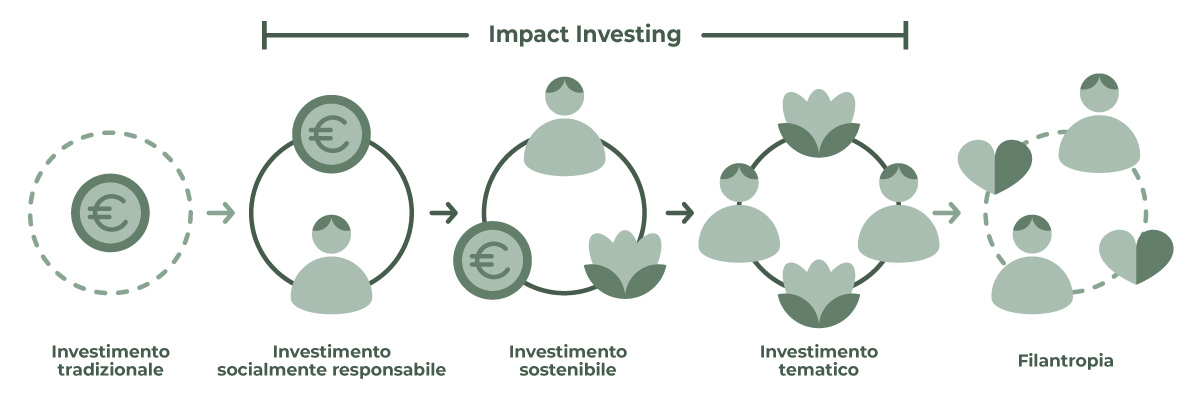
Another tool through which sustainable startups demonstrate their commitment is the integration of Corporate Social Responsibility (CSR). Corporate social responsibility involves taking responsibility for their negative social, environmental, and economic impacts. Consequently, it involves defining internal and external activities and initiatives to support the environment in which they operate.
4. What are the benefits of sustainable development?
Sustainable startups are based on, and at the same time promote, sustainable business models. More and more companies are integrating sustainability internally as a strategic and advantageous orientation. They recognize its importance, also in line with the attention paid to this topic by consumers and institutions.
The adoption of sustainable development solutions stems from the desire to reduce any possible source of negative impact, to generate benefits for society, the environment, and the economy, and to contribute to achieving the SDGs.
So, what are the benefits of starting a sustainable startup?
A sustainability-driven approach equally considers its three pillars: environmental, economic, and social. Evaluating the generated effects in each area ensures companies an optimal organization of materials, natural resources, finances, relationships, etc. Companies are thus able to generate positive effects for themselves, the systems in which they operate, and the stakeholders with whom they interact. In particular, for organizations, the benefits materialize in:
- streamlining production processes and better control of costs, risks, and waste;
- developing the ability to bring innovation;
- strengthening relationships with key stakeholders, increasing customer loyalty, and improving corporate credibility.

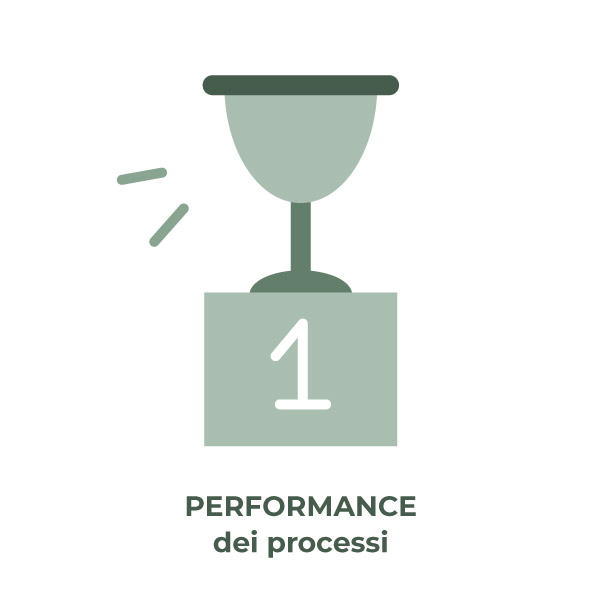
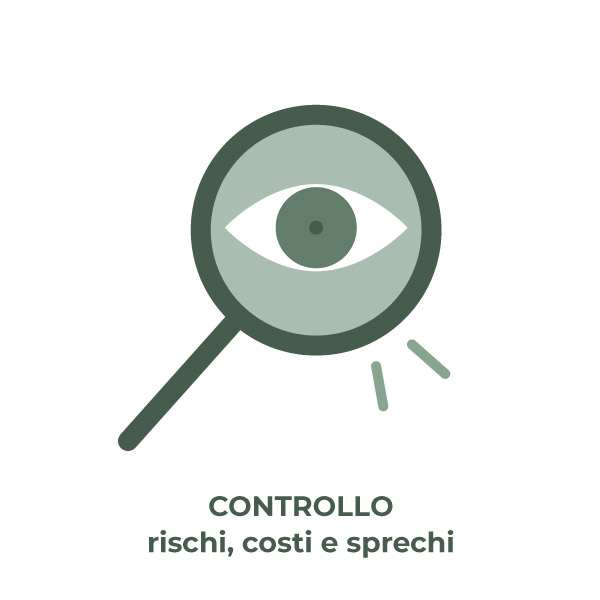
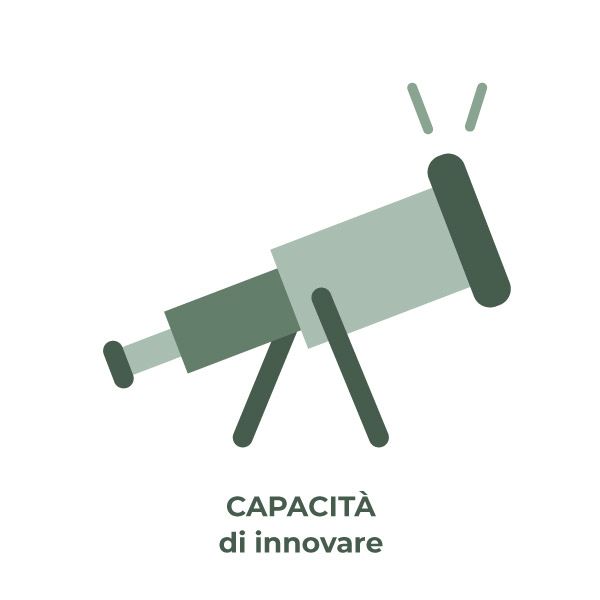
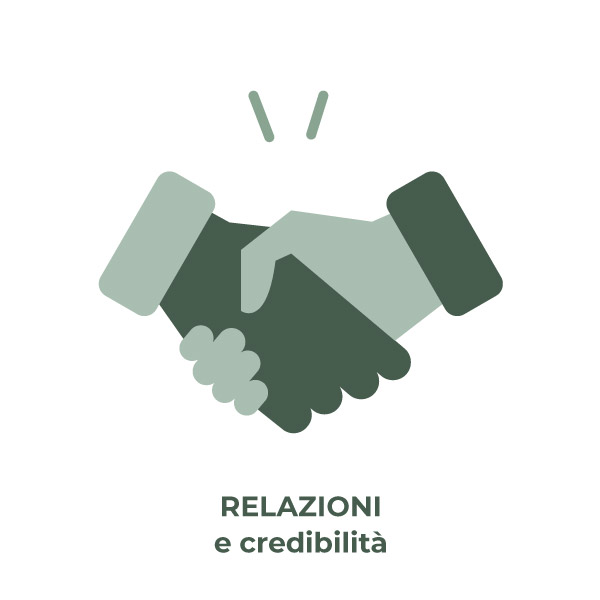
Launch your sustainable startup with HENRY & CO.: thanks to Circular Design Thinking, we will help you identify and seize every sustainable development opportunity.
Contact us to find out how we can help you bring your sustainable project to life through all the necessary operational steps!
